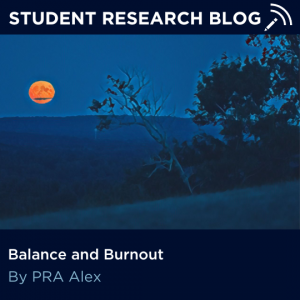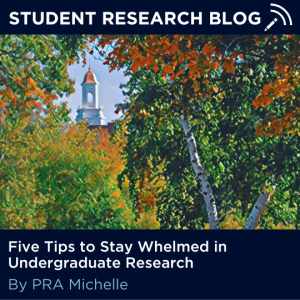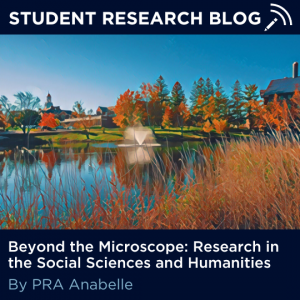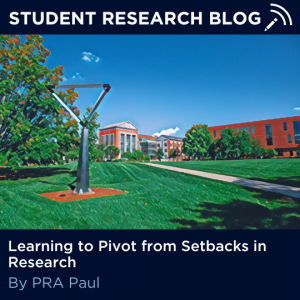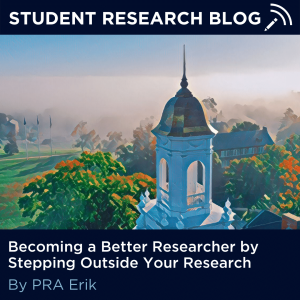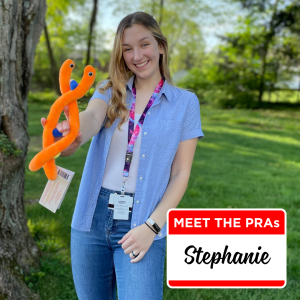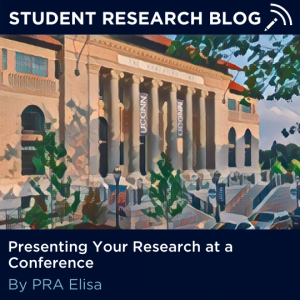By Alexandra Goldhamer, Peer Research Ambassador
 For pre-medical and pre-professional students there is pressure to pursue a predefined path and check certain boxes to appear as the ideal candidate. Following these presumed requirements with a lack of passion will not facilitate an environment that is conducive to a college experience that allows for exploration of your interests and the sculpture of your unique, creative path.
For pre-medical and pre-professional students there is pressure to pursue a predefined path and check certain boxes to appear as the ideal candidate. Following these presumed requirements with a lack of passion will not facilitate an environment that is conducive to a college experience that allows for exploration of your interests and the sculpture of your unique, creative path.
While I became involved in research because I was truly interested, I did enter college with the notion that getting involved in undergraduate research was something that I was “supposed” to do to be a competitive applicant for post-graduate opportunities. I became involved in research in the Physiology and Neurobiology (PNB) Department where I study the neural underpinnings of obesity and anxiety. While I enjoy my research in molecular neurobiology, I felt as though I had additional passions that remained unexplored. Continue reading
